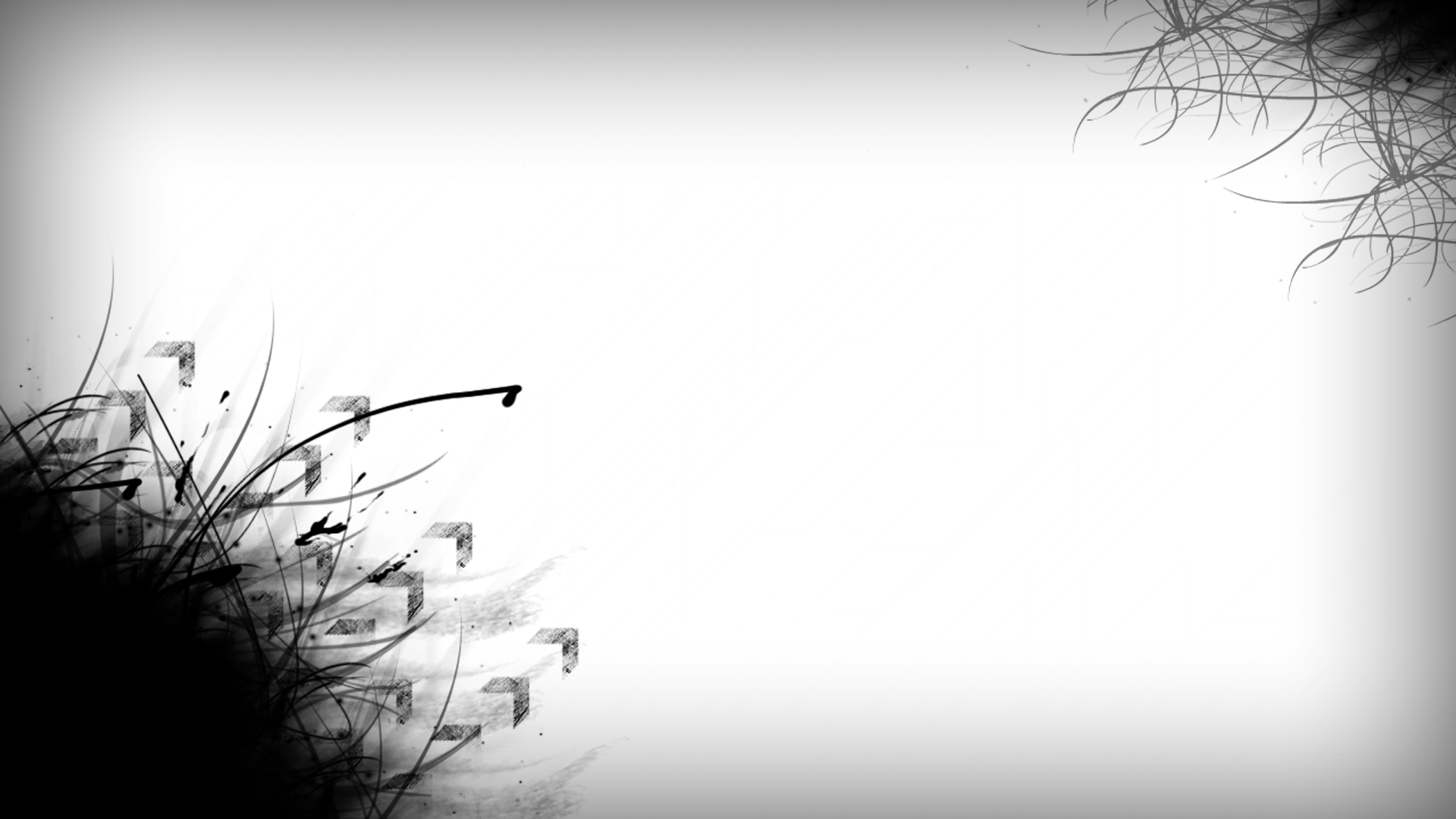
Mantis 19 (Spring 2020)
Translation
Vladimir Gandelsman
translated from the Russian by Olga Livshin
***
В бронхах это хрипит Бронкса
поезд метро кренясь,
это закатная залита в лица бронза,
это жилья в разбросах
зоологических ребер горит каркас,
это в поте лица пятниц
скарб, маскарад, огни,
пряные это дымки и закуты пьяниц,
просят, но как-то пятясь,
спи, – бормочу, сторонясь, – мой бэби, усни,
мусор это рябит, синий
вечер уставит в стол
тяжкие локти, засмотрится ли разиня –
от корзины к корзине
все мускулистый колышется баскетбол,
спи, мой бэби, усни сладко,
спи не как человек –
то ему пир приснится горою, то свалка,
всякое зрелище жалко,
если его к Рождеству не засыпет снег.
***
In the Bronx’s bronchi, the subway train
wheezes, leaning,
where the sunset’s bronze pours into faces:
this is housing
in scattered building frames, in zoological ribs, ablaze;
in Fridays, fevered and striving—
worn things, masquerade, lights: these are
small piquant smokes, alcoholics’ barns,
asking, yet backing away;
rock-a-bye baby, I hum, getting out of the way;
this is garbage flickering, always, whether a blue evening
puts its heavy elbows
on the table, or a fool gazes, daydreaming—
endless muscular
basketball hovers from hoop to hoop, quivering;
rock-a-bye, baby, good night, sweet dreams,
sleep now: not like the grownups—
always dreaming of some big party, or else a trash heap—
any spectacle is a sorry one
unless snow blankets it all by Christmas.
Одиночество в Покипси
Какой-нибудь невзрачный бар.
Бильярдная. Гоняют шар.
Один из варваров в мишень
швыряет дротик. Зимний день.
По стенам хвойные венки.
На сердце тоненькой тоски
дрожит предпраздничный ледок.
Глоток вина. Еще глоток.
Те двое – в сущности, сырье
для человечества – сейчас
заплатят каждый за свое
и выйдут, в шкуры облачась.
Звезда хоккея порет чушь
по телевизору. Он муж
и посвящает гол семье.
Его фамилия Лемье.
Тебя? Конечно, не виню.
Куда он смотрит? Впрочем, пусть
все, что начертано в меню,
заучивает наизусть.
В раскопах будущей братвы
найдут залапанный предмет:
Евангелие от Жратвы –
гурманских рукописей бред.
И если расставаться, то
врагами, чтобы не жалеть.
Чтоб жалости не знать! Пальто!
Калоши! Зонтик! Умереть!
1999
Poughkeepsie Loneliness
Some lifeless bar. Pool players poke
at balls. One bald barbarian friend
thrusts a small dart at the corkboard.
A winter’s day. A winter’s start.
These walls, adorned with Christmas wreaths;
still, on my heart, the trembling ice
of longing. Little ice. Won’t slip.
A sip of wine. Another sip.
Those two—essentially, those raw
materials for humanity—
each pays his tab, and then slaps on
some animal hides, and leaves for home.
A hockey star on crap TV
dedicates his goal to his family.
They say his last name is Lemieux,
happily married. As for you...
I do not blame you. But where is
that young one looking? Oh, who cares.
He’ll learn the menu’s prophesies
by heart, in case there’ll be a quiz.
Our future bros will dig and find
that grubby, much-manhandled book:
the Gospel of St. Greasy Food--
a gourmet bible’s manic dreams.
And if we have to part, let’s part
as enemies! No pity, please!
My boots! My coat! My—the hell
is that umbrella! Let’s go! Die!
1999
Аркадию Котляру
Смеркается в слесарной мастерской,
метафора безмолвия зажата
в тисках моста, и ветошь всей тоской
ползёт с небес, в подпалинах заката.
Заваливая угол, видишь двор, -
внезапно он покажется макетом,
а вслед за тем, навыворот, набор
напильников предстанет как Манхэттен.
Но лишь глаза прикроешь - синева
плывёт над невской дельтой, леденея.
Войдёшь в метро, а выйдешь из сабвея.
Теперь - рукой подать до синема.
Когда-то я средь этих катакомб
уже бродил во сне, и шорох шрифта
по урнам жил, и, вздрогнув, видел лифта
в верховья вены тронувшийся тромб.
Тот детский страх, стремящийся избыть
себя, не обладая взрослым даром
весь этот тёмный морок разрубить
одним метафорическим ударом, -
он сам, как город, что перед грозой
притих, напомнив сумерки в слесарной,
мгновение - и слово под фрезой
его окликнет искрой благодарной.
1998
For Arkady Kotlyar
Sixth-grade woodshop. Twilight, three p.m.
in 1950s Leningrad. Your muteness
is locked into a bridge’s vice. Rags slide
across the sky, into the dappled sunset.
You sprint straight home, and see your courtyard--
but suddenly it seems to be a mock-up;
a moment later, though, a set of wrenches
stand tall before your eyes, and is Manhattan.
But if you close your eyes, a freezing blue
will sail over the Neva river delta. You can
enter at Nevsky Prospect, leave the subway
at Houston Street: steps from le cinéma.
Those catacombs, I’ve walked them all in dreams,
and day-old papers lived in garbage cans, and rustled,
a simple elevator set off, and startled,
a blood clot starting to float down a creek.
My fear from childhood on—its sole desire
was making fear itself stop in its tracks--that fear,
lacking a grownup’s gift of cutting through
delusions, nightmares with one metaphorical blow--
that fear is like New York before it thunders.
It’s quieting down, recalling woodshop twilight.
You wait a moment, and a word will say hello,
under the wood saw, with a grateful spark.
1998
VLADIMIR GANDELSMAN, the recipient of Russia’s highest award for poetry, The Moscow Reckoning (2011). Gandelsman (1948–) was born in St. Petersburg (then Leningrad), and came to the United States in 1990. He is the author of eighteen poetry collections and two volumes of collected works. In English, Gandelsman’s work appears in the Massachusetts Review, The Common, Notre Dame Review, Mad Hatters’ Review, and LIT Magazine, and is soon to appear from Delos.
OLGA LIVSHIN is a writer and advocate for immigrant rights. Her collection A Life Replaced: Poems with Translations from Anna Akhmatova and Vladimir Gandelsman came out from Poets & Traitors Press in 2019. Poems, essays, and translations appear in the Kenyon Review Online, Poetry International, Gyroscope, Mad Hatters’ Review, and other journals. Olga lives outside Philadelphia, where she co-curates the reading series From Across the Waters: Poets for Immigration.
